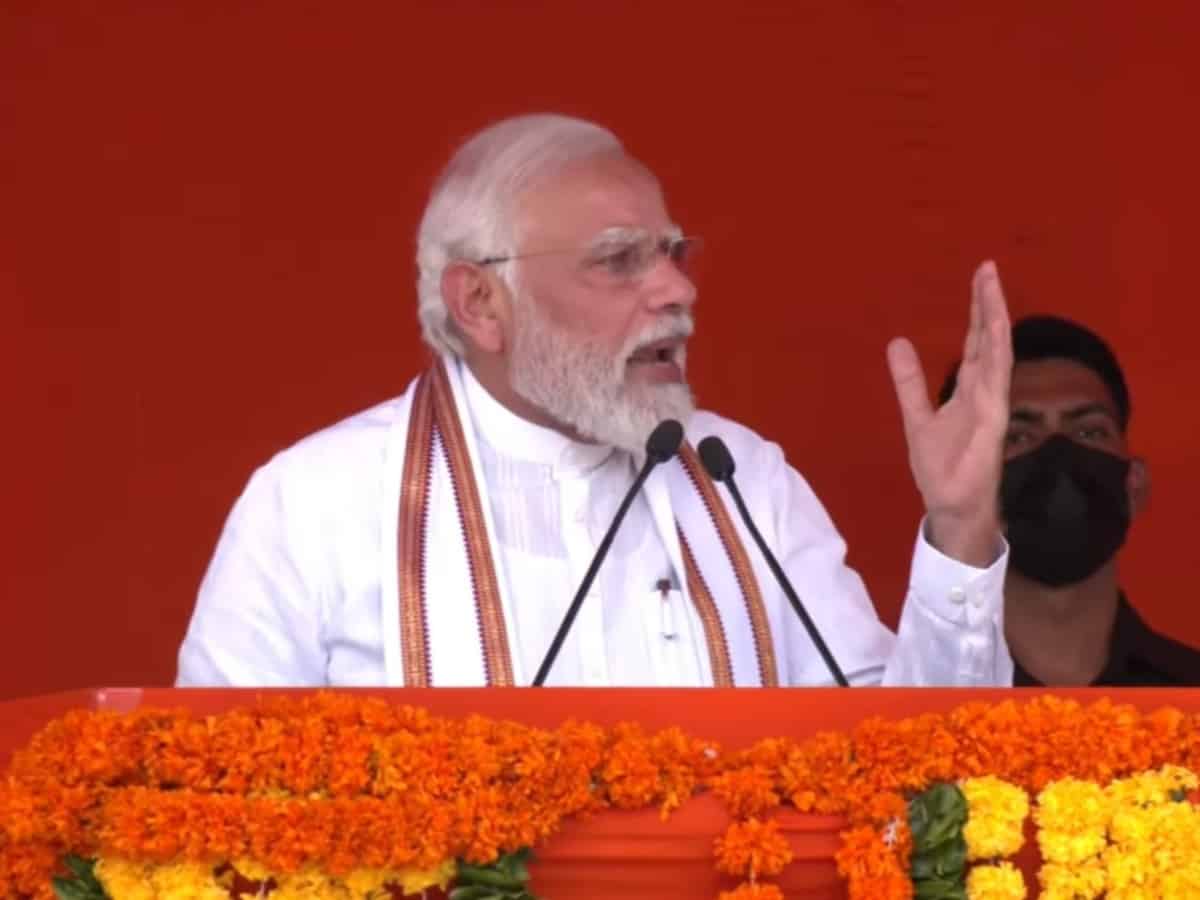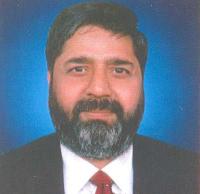

It’s time to assess and analyze how far the road has been covered in removing “doori“ ( distance ) “Dilli” ( Delhi ) and its heart had with Kashmir. June 24 marks one year of the promise of heart-to-heart reach out was held out by Prime Minister Narendra Modi at an all-party meet on Kashmir on this day in 2021. The phrase of doing away with “Dill aur Dil se doori” assumed significance for it conveyed a very clear message that Delhi ( the government of India) did understand the hurt of the people of Kashmir, more importantly, it announced the need for healing the wounds by removing all distances and differences between the regional political leadership of J&K. June 24, per se is not an anniversary, but it is no less than that, in terms of its importance; it was an ice-breaking moment between country’s leadership and that of Kashmir’s leadership. Three among participants from the Valley were former chief ministers – Farooq Abdullah, Omar Abdullah and Mehbooba Mufti, and all of them were prominent faces of the People’s Alliance for the Gupkar Declaration, devoted to the restoration of the special status and statehood to Jammu and Kashmir. Their stand was an anathema for BJP. The saffron party denounced the grouping as the “Gupkar gang” and its origins and motives were attributed to its alleged separatist leanings, in short, Pakistan sponsored outfit. It did not matter to them that the PAGD swore by the Constitution of India, as it wanted everything back for the state, which was already in the constitution of the country.
A year has passed since. This promise, as interpreted by the pragmatic sections in Kashmir, represented creating an atmosphere for the restart of the democratic process. In the context of J&K, the most important democratic institution is the legislative Assembly. The elections to panchayats, block development councils and district development councils held in the winters of 2020 did not match the constitution of the Assembly, despite the fact that three-tier polls were held for the first time in this territory, that, too after the abrogation of Article 370 on August 5, 2019. But these polls were not an end in themselves. The real effectiveness of these institutions is more in the political narrative of BJP, in reality, most of the elected representatives to these grassroots democratic institutions live in security zones; they rarely visit their constituents. But they do exist as part of the newfound democratic structure of J&K.
Since all other states and union territories have these bodies and also the assemblies, So, there is no reason why J&K should have been made an exception. Tough J&K has been downgraded to Union Territory from its high pedestal of majestic state, the assembly, whenever it would come into being, will be recognized as the real voice of the people, nationally and internationally. It will also determine how the polarization characterizing its politics and social fabric plays out in the run up to polls and thereafter.
As leader of the largest democracy in the world, Prime Minister reflected on this crucially important democratic exercise, which until then (June 2021) was pending for three years. Now one more year has been added to wait for the elected government. At the meeting, PM had stated “Our priority is to strengthen grassroots democracy in J&K. Delimitation has to happen at a quick pace so that polls can happen and J&K gets an elected Government that gives strength to J&K’s development trajectory”. But the delimitation commission took almost one more year to submit its final report, and some leaders commenting on the mystified schedule of the polls have commented that this appeared as a puzzle to them.
Since the June 24, 2021 meeting – there have been three follow ups ; ( a) though belated Delimitation Commission submitted its report on May 5, ( b) Prime Minister visited J&K for the first time in April this year after the abrogation of Article 370 ( in August 2019) and pledged, “ I will ensure that the youth the Ghati” don’t suffer from the plight of their parents and grandparents.”; ( c) before that Union Home Minister Amit Shah had extended hand of friendship to the youth. These were grandiose overtures. Before these could translate into reality some dark shadows recurred with horrifying optics; targeted killings spawning fears of the minorities. The employees of the minority communities, particularly Kashmiri Pandits, are pressing for their location outside of the Valley they dread. They term the Valley as a danger zone. They fear grave risk to their lives. They are unconvinced by the promises and assurances held out by the government that no dangers would visit them as it has made all arrangements to protect them. The government has proposed the relocation of the KP employees in cities and towns-, transferring them from the rural areas. They have also been absorbed in the Kashmir division cadre , meaning that they would have to stay in the Valley only, effectively out their transfer to Jammu division. At the moment, continuing protests by the KP employees in Kashmir have established that their perception of the situation is at odds with that of the government.
These targeted killings are not the only speed breaker on the road of removing distances and differences, there is an ever-growing sense among the people of being taken for granted. They are watching their growing distances between the administration. The common refrain, there is no accessibility and no accountability,’ characterizes their state of affairs. Even the BJP leadership in the UT has spoken of quite vociferously about the indifference of the administration. There is a little sense of participation . BJP’s JK unit president even accused the administration of running show on their own, without caring for the people and the problems they face. Therefore, it is difficult to say where are they? The road to Srinagar is blocked by landslides and at places it has been washed away. It happens too frequently – that is how Delhi-Srinagar relations have been, and unless the fear of landslides is removed fully, the distances would be difficult to bridge.



